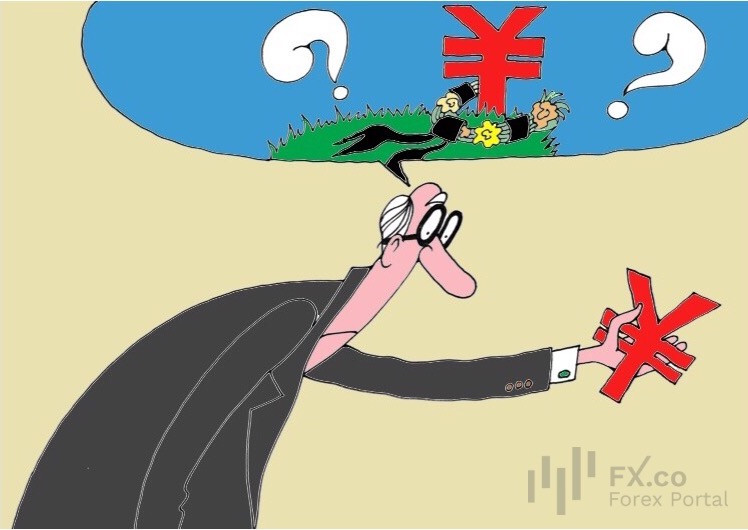
Foreign investors have been fleeing from Chinese markets for the last two years due to China's disappointing economic performance and Xi Jinping's policy, according to a report from the Atlantic Council.
Traders have been dumping shares as geopolitical tensions grow and the economic post-COVID recovery has started to lose steam.
"But foreign fund managers have already stolen a march on the policy: They've been selling vast amounts of securities over the past two years in response to Chinese leader Xi Jinping's policies and mounting US-China tensions," Jeremy Mark, a senior fellow with the Atlantic Council's Geoeconomics Center, noted. Foreign institutional investors have sold a net $148 billion of China's bonds since early 2022.
As a result, Chinese stocks have slumped markedly. Such a massive outflow of investors could adversely affect the Chinese economy. A former IMF official believes that China's economy is likely to face a so-called lost decade. This will worsen the country's economic prospects.
Jeremey Mark also assumes that China's weak rebound from zero-COVID policies was mainly due to long-term structural challenges, for instance, a rapidly aging workforce, weak productivity, worsening inequality, and a massive property crisis.
Foreign investors are also afraid of tightening control on companies by the Chinese authorities. "The bottom line for many foreign fund managers is that the risk of investing in Chinese securities has soared over the past year and the returns have not kept up," Mark pointed out. Geopolitical problems also make Chinese stocks less attractive to investors. The US is constantly imposing new sanctions on China to limit the development of advanced technologies in the country. In this light, institutional investors choose other Asian markets.
"Combined with recent Biden administration restrictions on sales to China of advanced semiconductors and cutting-edge chip-making gear, the message to all classes of investors will be clear: Putting money in China is going to become riskier, and de-risking is only going to become more commonplace," Jeremy Mark concluded.
 English
English 
 Русский
Русский Bahasa Indonesia
Bahasa Indonesia Bahasa Malay
Bahasa Malay ไทย
ไทย Español
Español Deutsch
Deutsch Български
Български Français
Français Tiếng Việt
Tiếng Việt 中文
中文 বাংলা
বাংলা हिन्दी
हिन्दी Čeština
Čeština Українська
Українська Română
Română

Comments: